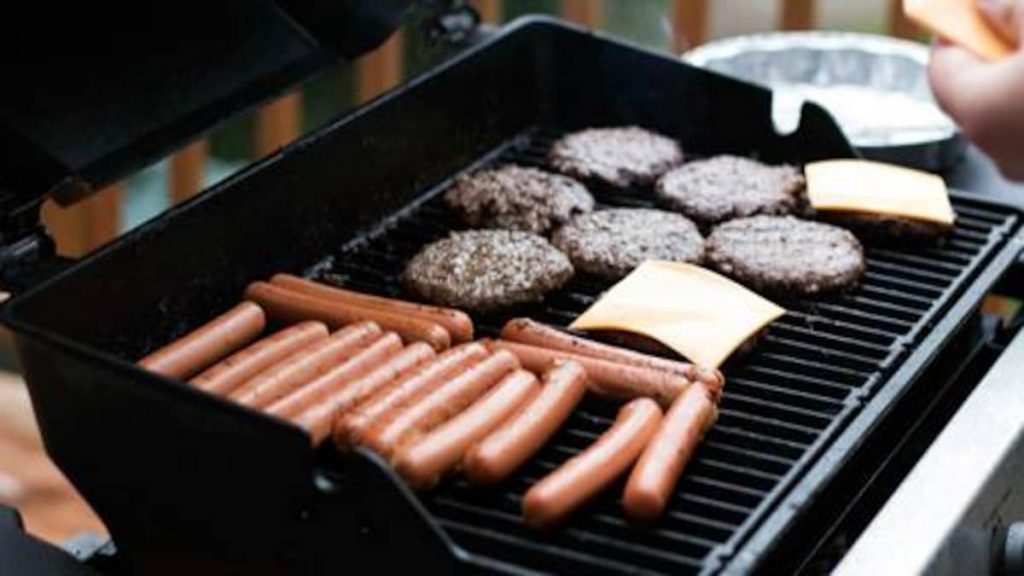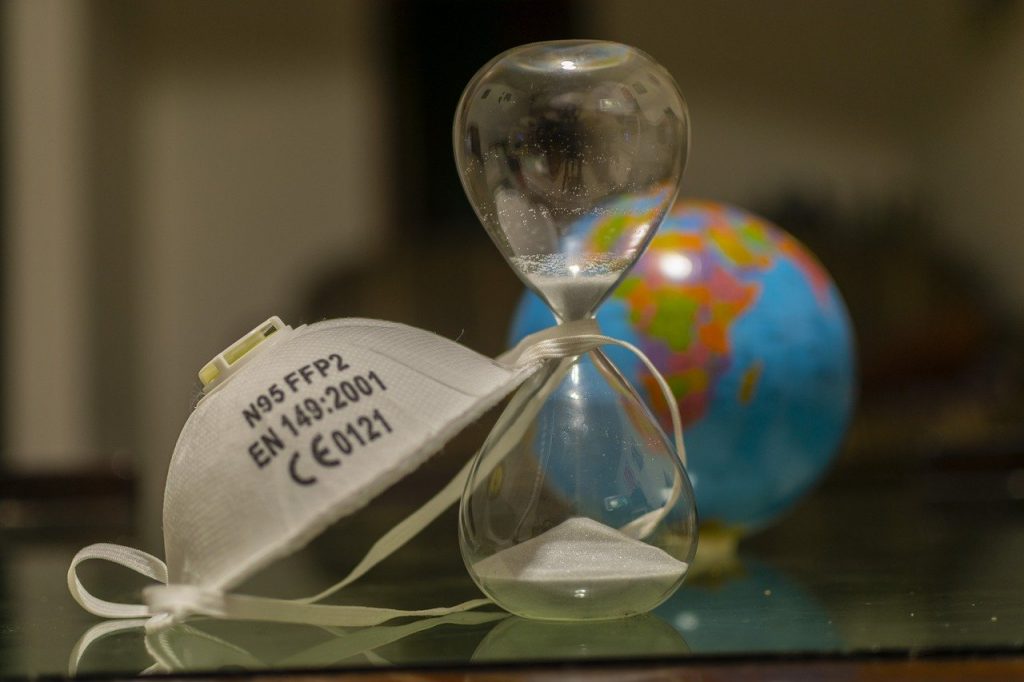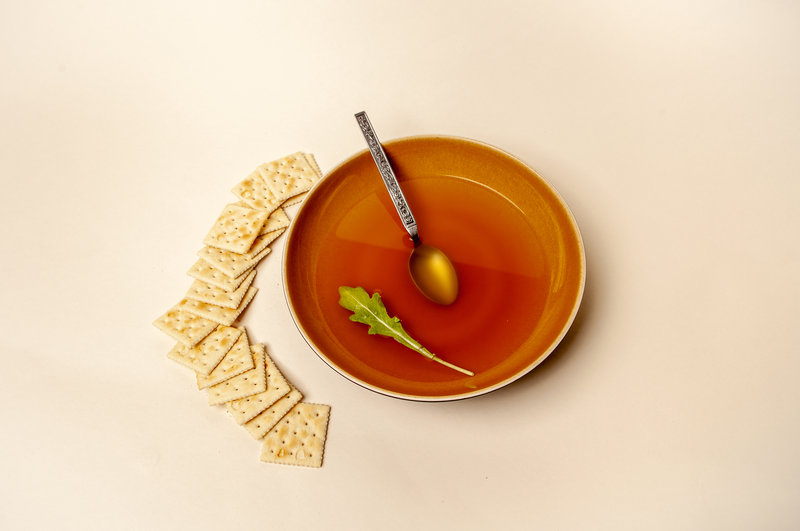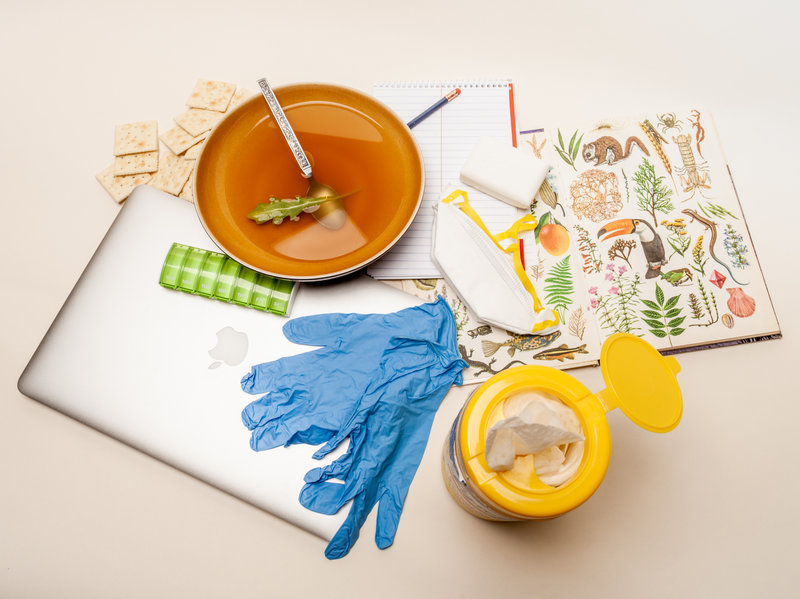Coronavirus Prevention Foods In The World: In this era of the COVID-19 epidemic, many things are changing. Functioning, from cleanliness to eating habits, is included in the same changing things.
The issue of health and especially food and hygiene, has suddenly come up as a top priority among the people. It is not that these things did not happen in the preference of the people before.
Yes, it was clear that food and hygiene were a matter of our way of life, in which likes and dislikes were preferred. These days some people are worried about whether the disease of COVID-19 is spread by food and drink also.
Coronavirus Prevention Foods In The World: Food and nutrition tips from WHO during self-quarantine
The World Health Organization has shared five essential tips for safe eating.

- Always be clean
- Before cooking and during cooking, please wash your hands.
- Clean the hands after going to the toilet.
- Instead of cooking, wash the stove and utensils thoroughly and sanitize them.
- Protect the kitchen from access to insects and other animals.
Why is this important?

- Most microbes do not spread any disease, but they also contain some dangerous organisms which are widely found in soil, water, animals, and humans.
- These microorganisms are present on our hands, cleaning cloths, utensils, and cutting boards (boards used for cutting vegetables).
- If they have slight contact with food and drink, then there is a danger of eating and eating diseases.
Keep raw food away from cooked food.

- Keep poultry products, raw meat, and seafood (fish and fauna found in the sea, such as fish) separate from food and drink.
- Use different utensils such as knives and cutting boards when handling raw food.
- To avoid any contact between the prepared food and raw food, keep the food and drink in the container.
Why is this important?

Raw food, especially meat, poultry products, and seafood, may contain dangerous microbes that can infect food and drink during cooking.
Cook food completely
- Especially meat, poultry products, eggs, and seafood should be cooked well.
- While boiling things like soup and stew, make sure that the temperature reaches 70 degrees Celsius.
- While preparing meat and poultry products, take care that the food does not remain pink.
- It would be best if you use a thermometer to check the temperature.
- Reheat cooked food thoroughly.
Why is this important?

- If the food is cooked well, then all microorganisms are entirely destroyed by it.
- Research has revealed that cooking at a temperature of 70 ° C helps to ensure that the food is cooked.
- Special care needs to be taken while cooking minced meat or whole chicken.
Keep food safe at a safe temperature.

- Do not keep the cooked food at the average temperature of the room for more than two hours.
- Keep the prepared food and especially the perishable food in the refrigerator at a temperature below five degrees Celsius.
- Heat the food on high heat (above 60 ° C) before serving.
- Do not store food for too long in the fridge.
- Do not leave frozen food to melt at the average temperature of the room.
Why is this important?

- Microbes can overgrow by keeping the cooked food in the average temperature of the room.
- At less than five degrees and above 60 degrees Celsius, the growth of microorganisms either stops or becomes sluggish. However, there are some dangerous microorganisms that continue to grow at temperatures below five degrees.
Clean water and clean food materials

- Use clean water, and if it is not available, clean it for safe use.
- Use fresh and nutritious food items.
- Choose food that is processed safely, such as pasteurized milk.
- Be sure to wash fruits and vegetables, especially when you are eating them raw.
- Never use expired food and drink items, whose use dates have expired.
Why is this important?

- There may be microbes or some harmful substances in things like water and ice.
- There is a danger of poisonous chemicals being produced in bad and stale food.
- Precaution needs to be taken while choosing food items, and the risk can be reduced with standard measures like washing and peeling them.
Table of Contents






